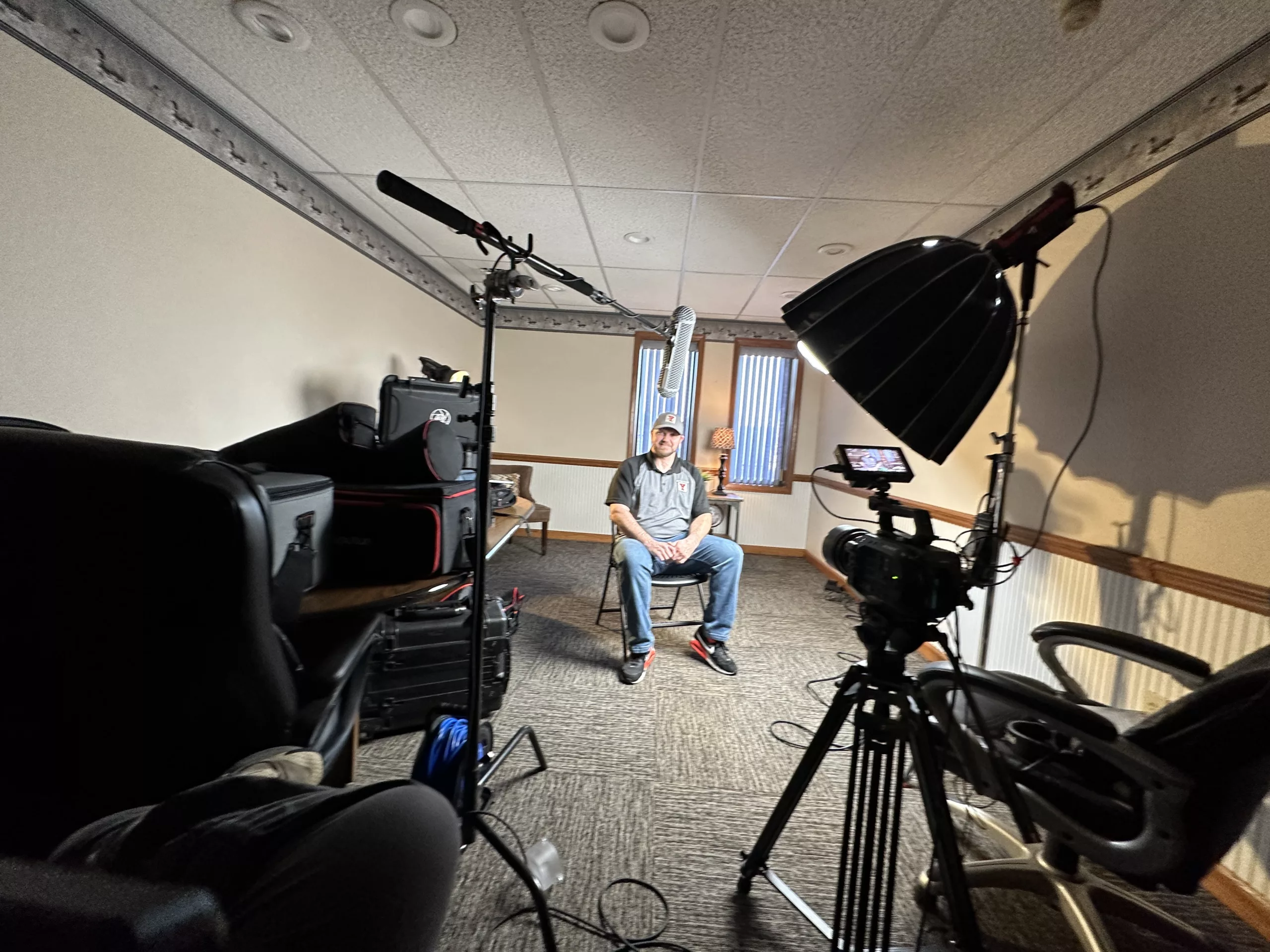In filmmaking, there are a lot of things that you have to do to get a good movie. You have to write a script, find actors, set up locations and props, direct the actors and crew, shoot your scenes and edit them together into a cohesive whole.
In this article, we will take you to the core of filmmaking and show you how the post-production process works. We’ll also give you some tips on how to make your film more professional looking and easier for viewers to digest.
What is Post-Production?
Post-production is part of the filmmaking process after principal photography has been completed. It involves editing, sound design and mixing, visual effects work, and other tasks, including color grading and music composition.
Post-production also refers to when a film is released in theaters or on home video formats such as Blu-ray discs or DVD; it can also include television broadcasts if they are not part of an initial theatrical release.
What is the Post-Production Process?
The post-production process can vary depending on the type of film and the budget, but it usually includes several steps. Here are some of the most common ones:
Editing
Editing is the process of assembling raw footage into a cohesive whole. This can be done by hand or with computer software, making managing large amounts of material much easier. Editing also involves adding sound and music tracks, if necessary, as well as special effects such as color correction (making sure that all the different shots match each other) and visual effects (like creating explosions).
Color Correction
Color correction is adjusting a video’s color saturation and contrast and correcting the white balance. Color correction can be done in several ways:
- Adjusting color saturation
- Correcting white balance
- Using LUTs (lookup tables)
Special Effects
Once you have your footage, it’s time to add any special effects. This can include CGI, motion graphics, and transitions. The most common types of effects are matte paintings (which create backgrounds), compositing (combining elements from different shots), and rotoscoping (tracing over live-action footage).
The final step is editing the movie together to flow smoothly from scene to scene and have an appropriate pace throughout.
Audio Mixing
After the picture editing is complete, the audio mixing process begins. Audio engineers mix dialogue, sound effects, and music to create a soundtrack for your film.
This can be challenging because they have to ensure that each element is correctly balanced not to overpower any other part of the film. They also need to ensure that all these elements work together effectively. If there’s less dialogue or music playing at once, it can become easier for viewers to understand what’s happening on screen!
Titling
Titling is the process of adding text to your film. This can be done in many ways, depending on your needs and budget.
A common task for post-production teams is adding end credits at the end of a project; this usually involves creating a list of names and titles that appear on screen as they scroll by at varying speeds (the speed depends on how long your film is).
Delivery
Once you’ve edited and finalized the film, it’s time to render the final product. Rendering is essentially creating an image from all of your clips, which can take a few minutes to many hours, depending on your film’s length and what kind of computer you’re using.
Once rendered, you’ll need to compress (or “encode”) your file into something more manageable for distribution online or on DVD/Blu-Ray. Finally, once everything has been encoded correctly and packaged up in whatever format best suits your needs, it’s time for delivery!
Conclusion
Post-production is the final stage of filmmaking and one of the most important. This is where you’ll bring your film to life with editing, sound design, and music composition. If done well, post-production can make or break your movie.
Looking for a reliable production agency in Springfield? Contact OpenEye Studios today to learn more about our services and how we can help bring your vision to life!





